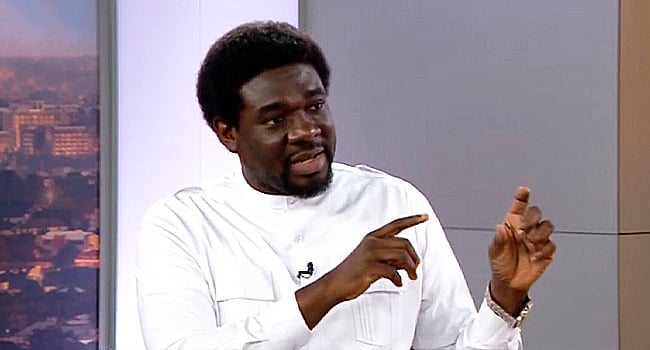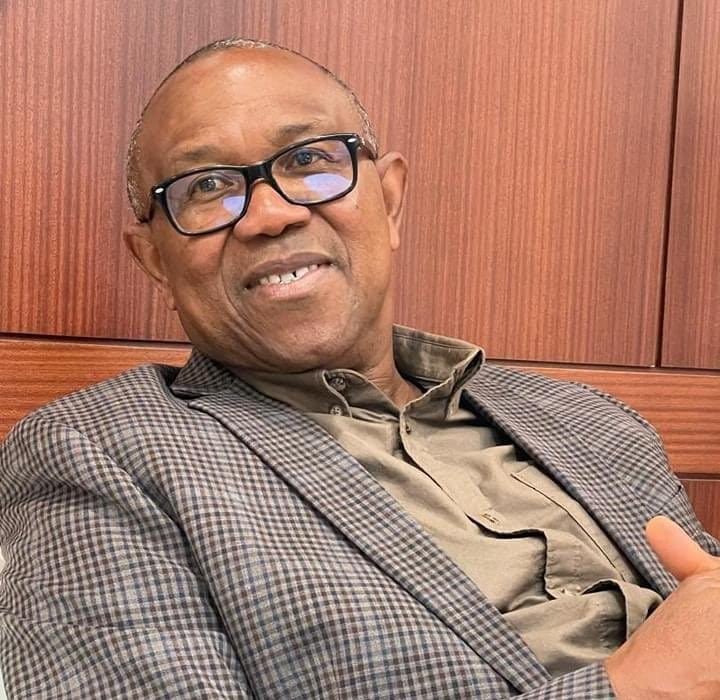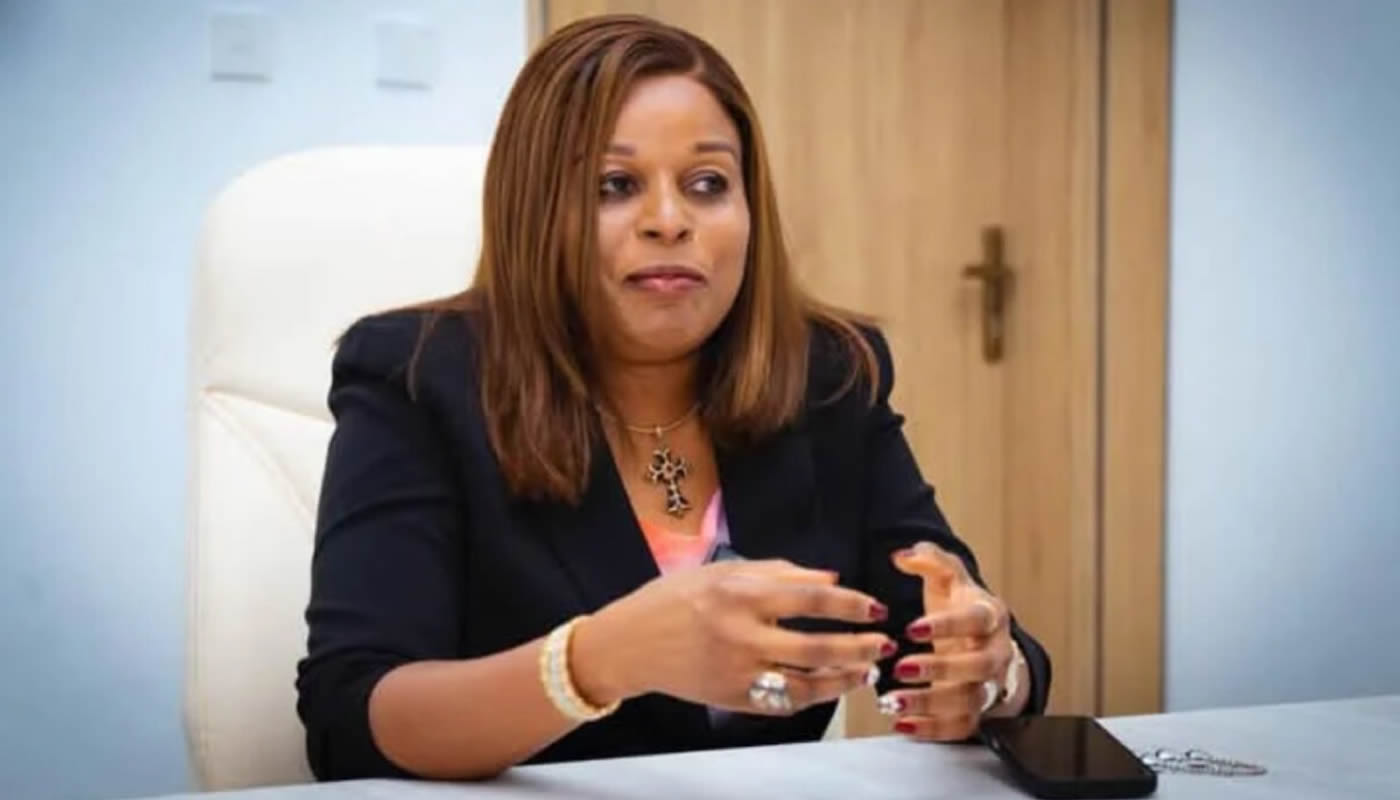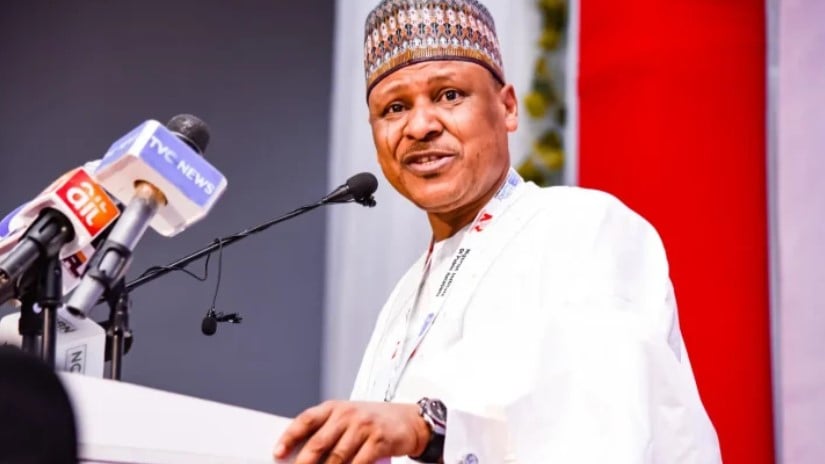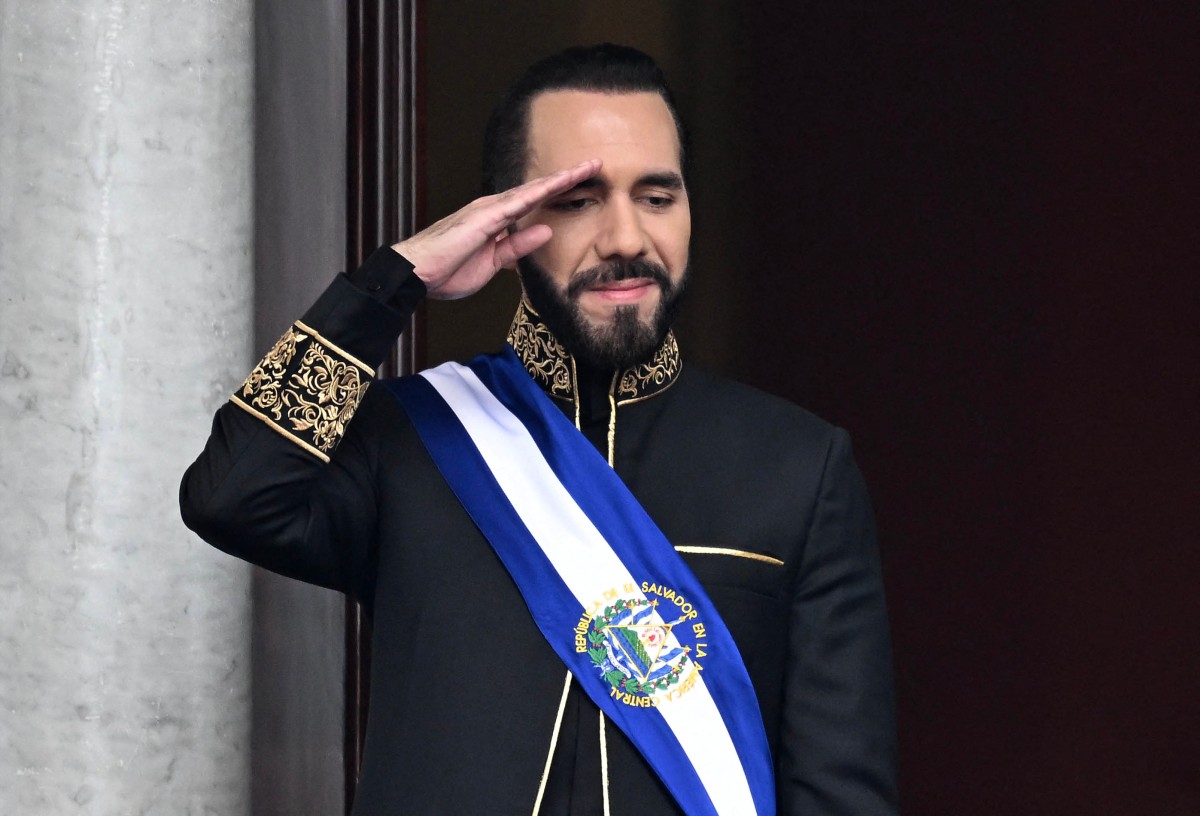
El Salvador’s President Nayib Bukele has secured the legal right to seek indefinite re-election, following the approval of a controversial constitutional reform by the country’s National Assembly late Thursday night.
The far-reaching reform package, passed in a second late-night plenary session, was supported by 57 of the 60 lawmakers all of whom are aligned with Bukele’s ruling party. It allows for unlimited presidential re-election, extends presidential terms from five to six years, and eliminates the requirement for a second round of voting in presidential elections. The reform also moves up the general elections to March 2027 and synchronizes presidential, legislative, and municipal votes.
Bukele, 44, who won a second term in 2024 with a landslide 85% of the vote, now holds sweeping control over nearly all government institutions a development critics say marks the collapse of Salvadoran democracy.
“Thank you for making history, colleagues,” Assembly President Ernesto Castro said as fireworks lit up the capital, San Salvador, celebrating the ratification of the reforms.
A Fast-Moving Power Consolidation
The constitutional changes come amid mounting concerns over Bukele’s increasingly authoritarian rule. Though immensely popular domestically for his tough crackdown on violent gangs which has driven murder rates to record lows Bukele’s government has faced mounting scrutiny for human rights violations, press intimidation, and arbitrary arrests.
Lawmakers approved the reforms just days after the arrest of several high-profile human rights activists and critics of the administration, leading to a fresh wave of journalists and NGO workers fleeing the country.
“They’ve taken off the masks… They’re shameless,” said opposition lawmaker Marcela Villatoro. “Today, democracy has died in El Salvador.”
The reform shortens the current presidential term by two years, potentially enabling Bukele to run for a new, longer six-year term earlier than expected.
Critics: ‘El Salvador Is Becoming a Dictatorship’
International condemnation was swift.
“El Salvador is following Venezuela’s path,” warned Juanita Goebertus, Americas director at Human Rights Watch. “It begins with a leader who uses his popularity to concentrate power, and ends in a dictatorship.”
Miguel Montenegro of the Human Rights Commission described the reform as a “complete dismantling of what little democracy remained” in the country.
Bukele, who once proudly called himself the “world’s coolest dictator” on social media, has brushed off criticism, saying he does not care what the international community thinks. In a speech marking the first year of his second term, he reaffirmed his hardline stance, even as reports of torture and abuse in the mega-prisons he built for gang members continue to surface.
Mounting Human Rights Concerns
Since 2022, under a sweeping state of emergency, Bukele’s government has arrested more than 88,000 people on gang-related charges. Rights groups report that thousands were detained without due process, with over 400 people reportedly dying in custody.
In May and June, security forces detained several high-profile human rights defenders, including Ruth Lopez, a lawyer known for exposing alleged corruption within the administration. Bukele’s allies have justified the arrests as part of a broader anti-corruption and anti-terrorism effort.
Still, critics argue the real aim is silencing dissent.
“While some of the actions have been good, the bad will only grow,” said Mauricio Acevedo, a teacher in northern San Salvador. “In the end, all we can do is watch.”
As Bukele tightens his grip on power, El Salvador finds itself at a political crossroads with growing fears that the nation’s experiment with strongman rule may be entering a dangerous new phase.
